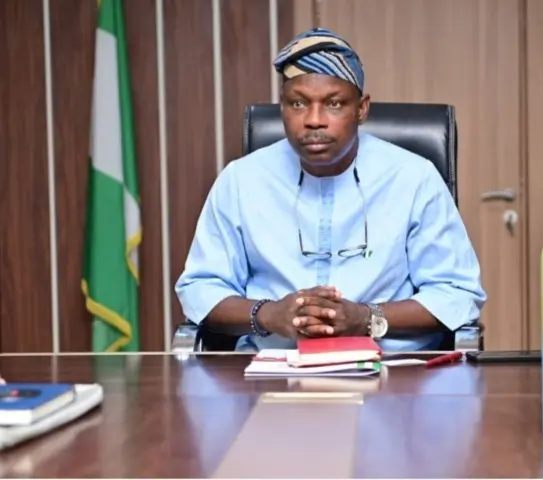By Peter Omopo
September 5, 2025 | Abuja
The Federal Government says more than 14 million Nigerian girls have been immunised against the Human Papillomavirus (HPV), the leading cause of cervical cancer, since the introduction of the nationwide vaccination campaign in October 2023.
Minister of State for Health and Social Welfare, Dr Iziaq Salako, disclosed this on Friday at the Gender and Inclusion Summit 2025 in Abuja, noting that the figure represents 96 per cent of the target population of girls aged 9–14.
Cervical cancer is the second most common cancer among Nigerian women, with over 8,000 deaths annually, according to the World Health Organisation. Experts say the vaccination drive is one of the largest public health interventions in Africa and could reduce deaths from the disease by up to 70 per cent in the coming decades.
Salako commended the role of the First Lady, Senator Oluremi Tinubu, who championed the campaign’s rollout, and urged stakeholders to sustain efforts to improve adolescent health.
“Our joint aspiration should be to build a Nigeria where every adolescent, regardless of gender, background, or circumstance, has the opportunity to thrive and contribute to national development,” he said.
The summit, organised by the Policy Innovation Centre and the Nigerian Economic Summit Group (NESG), also spotlighted challenges in women’s empowerment and political representation.
The Bill & Melinda Gates Foundation announced a landmark $2.5bn commitment to women’s health through 2030, warning that declining funding for maternal and child health—down by 67 per cent in Nigeria—could erode recent gains.
Minister of Foreign Affairs, Ambassador Yusuf Tuggar, described women’s low political representation—just 4.2 per cent of parliamentary seats—as “unacceptable,” calling for legal reforms to dismantle systemic barriers.
In a show of international solidarity, Nigeria and Mexico pledged closer cooperation on gender equality. Mexican Ambassador, Alfredo Miranda, said empowering women was “both a moral imperative and a smart economic strategy,” citing his country’s constitutional parity in elected positions.
The summit closed with a renewed call for equity, inclusion, and sustained investment in women’s health and empowerment as central pillars for Nigeria’s development.

